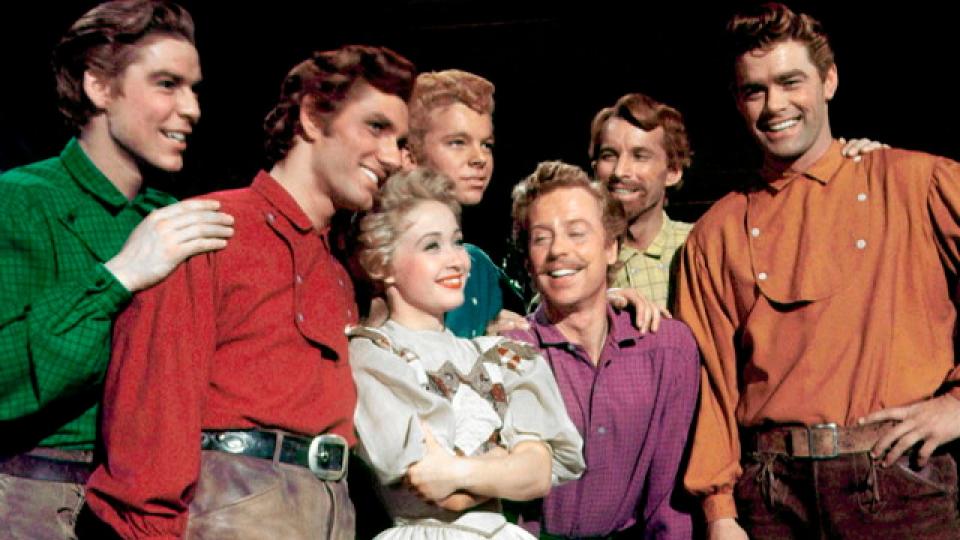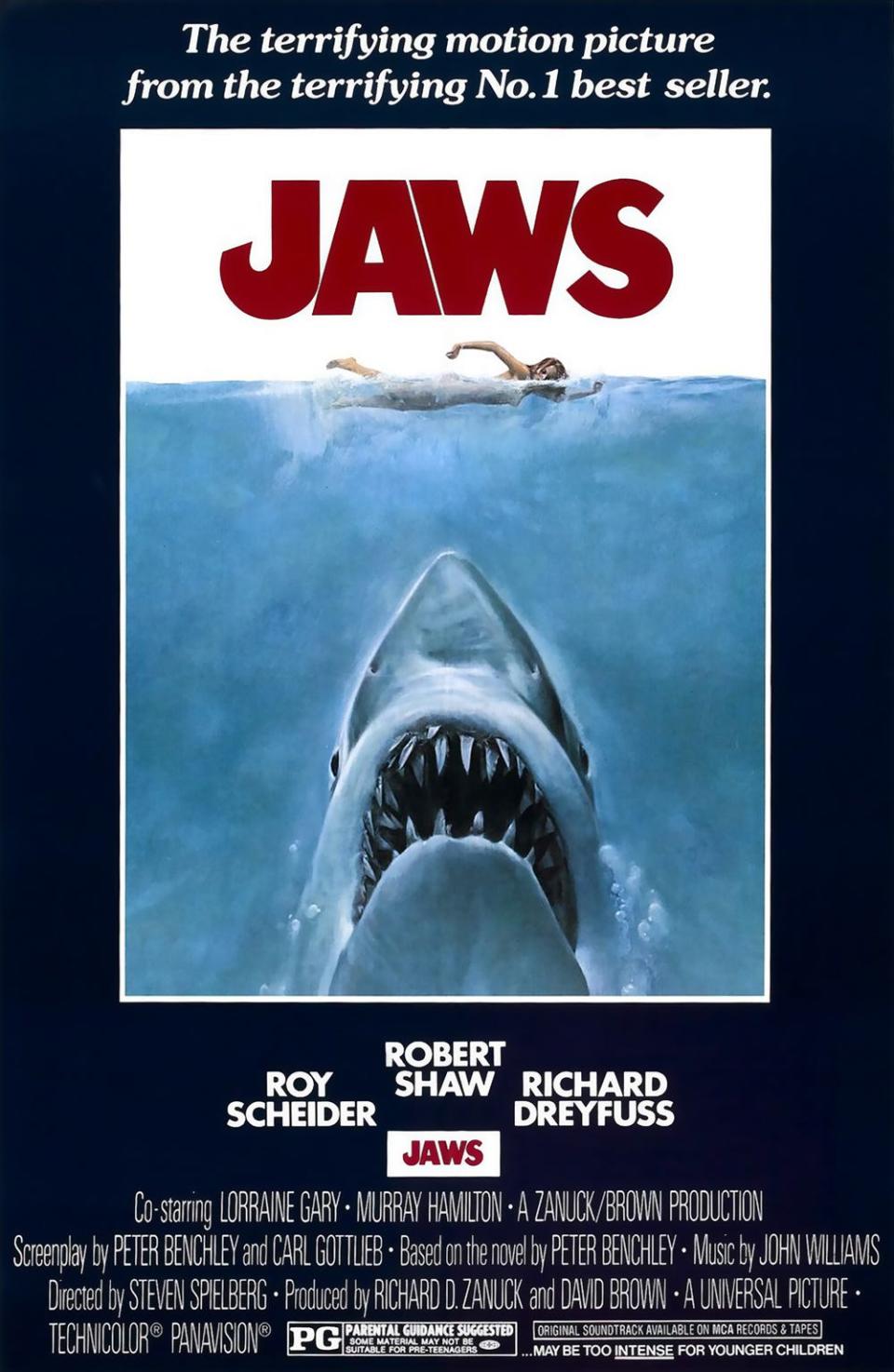Ogunquit Performing Arts announces 21st Annual Classic Film Festival
OGUNQUIT, Maine — With only a single May film planned as the last film of 21st Annual Classic Film Festival, Ogunquit Performing Arts announces its final April/May schedule.
The four April films offer a musical series, released between 1954 and 1969. The musicals feature several well-known actors who have also starred in multiple stage and “non-musical” films: among them Frank Sinatra, Shirley MacLaine, Audrey Hepburn, Lee Marvin, Clint Eastwood, and Jean Seberg, along with movie musical favorites Howard Keel and Jane Powell.
The final film on May 7 is a total departure from musicals, and is a whole different kettle of fish.
Screened at the Dunaway Center’s community auditorium, 23 School St., Ogunquit, Maine, Sunday afternoons at 2 p.m. on April 2, April 16, April 23, and April 30, and concluding with May 7, the following films are announced:
Can Can (1960) April 2
Adapted from a 1953 Broadway musical comedy, Can Can is set in 1896 Montmarte, Paris, and stars Shirley MacLaine, Frank Sinatra, Louis Jourdan and Maurice Chevalier. The Can Can (a dance where women lift their skirts) is banned by law as lewd and lascivious. However, the female proprietor of the cabaret Bal du Paradis (MacLaine) has it performed every day. Law enforcement personnel look the other way (even attending performances) due to the persuasive charms of the club’s female employees. An uptight, ambitious judge (Jourdan) decides to bring the performances to an end. Upon the advice of the Chief Judge (Chevalier) the presiding judge convenes a courtroom performance, agreeing to accept the jury/audience’s determination of whether the dance is in fact, lewd and lascivious. Believing that the filming of Can Can was an example of Hollywood ingenuity and talent, a visit to the set was arranged for the leader of the Soviet Union, Nikita Kruschev, who instead pronounced it an example of “western immorality and decadence!”
My Fair Lady (1964) April 16

George Cukor’s elegant, colorful adaptation of the beloved 1956 Broadway stage play of the same name, in turn based on George Bernard Shaw’s 1913 stage play Pygmalion, is set in 1912 London. A snobbish phonetics professor (Rex Harrison), agrees to a wager that he can transform the speech and manners of Cockney flower girl Eliza (Audrey Hepburn) and pass her off to high society as a duchess. Though he wins the bet, he discovers that he has fallen in love, but almost loses Eliza, due to his failure to respect her own efforts and success. It has the “honor” of being the most expensive film shot in the U.S. up until that time ($17M), but was the recipient of eight Oscars, four nominations and for other film awards, 15 awards and nine nominations.
Paint Your Wagon (1969) April 23
Adapted by Paddy Chayefsky from the 1951 Broadway musical of the same name, the film is set in a mining camp in California during the Gold Rush era where the “wild, wild west” comes alive. Upon the discovery of gold while digging a grave, prospector Ben Rumson (Lee Marvin) stakes a claim to the burial site. He adopts the surviving, injured brother as his “Pardner” (Clint Eastwood) while he recuperates from his injuries in the accident which killed his brother. As more prospectors arrive, a tent city, known as No Name City springs up. Polygamy, wife selling, polyandry, brothels with “French tarts,” gambling, drunkenness, saloon fights, and property destruction of an entire town follow, along with a great musical score.
Seven Brides for Seven Brothers (1954) April 30

Adapted from the short story, “The Sobbin’ Women” by Stephen Vincent Benet, which was based on the ancient Roman legend of the Rape of the Sabine Women, the film is an original musical made expressly for the big screen. Set in 1850, in backwoods of Oregon, Adam Pontipee (Howard Keel), the oldest of seven brothers, heads into town to look for a bride. He meets and proposes to Milly (Jane Powell), who falls in love with him at first sight, and eagerly accepts his proposal of marriage. Surprised to discover his six ill-mannered, uncouth younger brothers all living with him, she accuses him of deliberately deceiving her. Milly also embarks on efforts to teach the brothers cleanliness, manners and how to behave around women so that they might be able to woo and win wives of their own. When their courtship efforts result in a brawl, Adam hatches a plan for the brothers to follow the example of the Sabine women by carrying off their future brides before winter sets in. The townspeople vow to hang the six brothers, but due to the ingenuity of the women, a satisfactory solution for all is ultimately found. Thanks to the songs of Johnny Mercer, choreographer Michael Kidd, and 14 brilliant singer/dancers in the cast, the movie was showered with awards.
Jaws (1975) May 7

Everyone’s favorite beach movie, this Steven Spielberg classic, stars Roy Scheider, Robert Shaw, Richard Dreyfuss, and The Shark. The summertime thriller about a great white shark attacking beachgoers at a summer resort town was based on the novel by Peter Benchley, who also co-wrote the screenplay with Carl Gottlieb. Benchley was inspired by several real-life incidents in writing his novel Jaws, such as the 1916 Jersey shore attacks that left four people dead over the course of 12 days. Paul Newman, Steve McQueen, and Robert Redford were originally considered for the leading roles, but producer David Brown knew the movie required no stars: "The star of this movie was a fish." The ominous music by John Williams also contributed in no small measure to the great success of the film.
OPA’s Classic Film Festival concludes on May 7 for the summer. Next season’s Festival begins again in November, 2023.
Admission, parking, and popcorn are free. For more information visit www.ogunquitperformingarts.org.
This article originally appeared on Portsmouth Herald: Ogunquit Performing Arts announces 21st Annual Classic Film Festival

